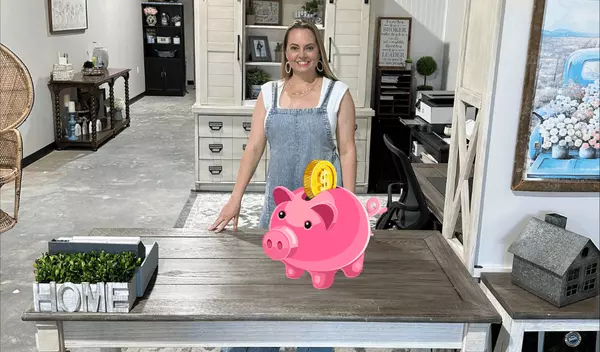
The Hidden Risks of Overpricing Your Home
When it comes time to sell, every homeowner wants to get top dollar for their property. That’s completely understandable—it’s your biggest investment, and you want to protect your equity. But there’s a common mistake that can cost you time, money, and opportunities: overpricing your home. While it m

Why Marketing Matters in Residential Real Estate
Why Marketing Matters in Residential Real Estate Imagine you’re selling your home. You’ve spent years making it just right—fresh paint, a cozy kitchen, a backyard that’s seen countless family barbecues. But now, as you put up that “For Sale” sign, you realize something: if no one knows your house is

The Unsung Heroes: Why Gutters Are Essential for Your Home
When it comes to maintaining the integrity of your home, certain features often take the spotlight: the roof, windows, and siding, to name a few. Yet, there's one humble component that plays a crucial role in protecting your property from potential damage: gutters. While they may not be the most gla
Categories


